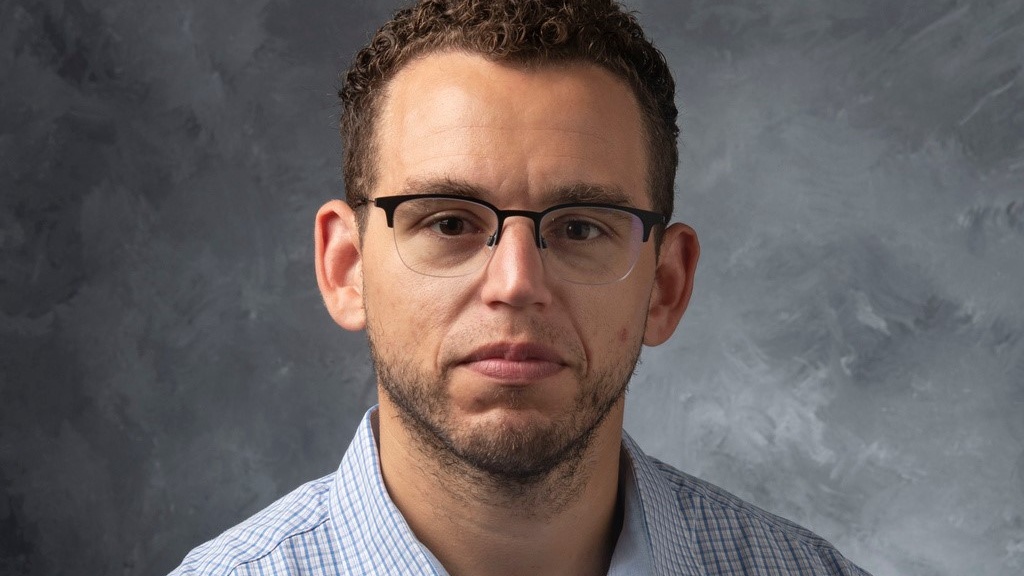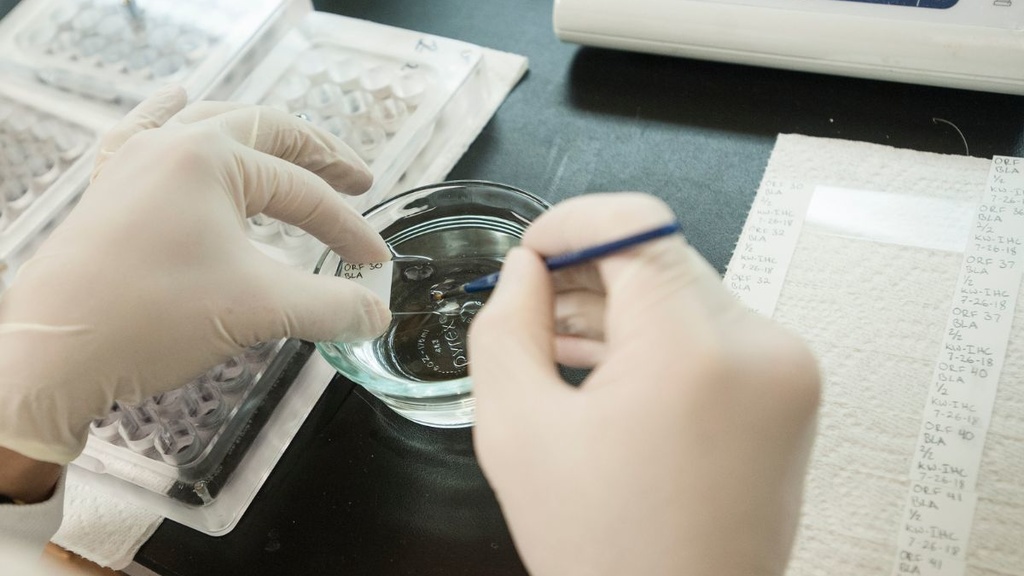Main navigation

CLAS HSHP faculty member provides tips to maintain a healthy lifestyle during busy summer months
Monday, July 21, 2025
Lauren Steinke, assistant professor of health and human physiology at the University of Iowa, shares tips on how to work fitness into your schedule and realize that the goal is to “focus on progress, not perfection.”

CLAS faculty host digital communication workshop for parents of teenagers
Monday, July 21, 2025
College of Liberal Arts and Sciences faculty members Rachel McLaren and Rachel Young hosted a workshop to help local parents enhance communication skills with their teenagers during the digital age.

CLAS PBS researchers receive NSF funding to understand how speech perception relates to reading and language skills
Wednesday, July 9, 2025
The project, funded by a $794,490 National Science Foundation grant, is expected to run for three years and focus on children and adults in Iowa City and Cedar Rapids.

CLAS chemistry research team’s discovery could expand use of rare earth element
Tuesday, June 24, 2025
A research team involving University of Iowa College of Liberal Arts and Sciences chemists reports a new oxidation state for a rare earth chemical element, a discovery that could broaden its use and potential applications for society.

CLAS CSD faculty member interviewed on podcast about recent clinical trial
Tuesday, June 24, 2025
Yu-Hsiang Wu, a professor in the Department of Communication Sciences and Disorders, was interviewed on the JAMA Otolaryngology podcast about the impact of hearing aid service models and technologies.

CLAS faculty projects receive support from OVPR's Arts and Humanities Initiative
Sunday, June 15, 2025
Faculty from a range of disciplines will pursue research, develop creative projects, and host academic conferences with support from the Arts and Humanities Initiative.

Six CLAS humanities faculty receive funding to pursue summer research projects
Monday, June 9, 2025
The College of Liberal Arts and Sciences, in collaboration with the Office of the Vice President for Research, awarded funding to allow six faculty to pursue research projects during the summer.

CLAS political science faculty member applies math to civil wars
Sunday, June 8, 2025
At the University of Iowa, Elizabeth Menninga uses math to understand the mediation of civil wars.

CLAS HHP faculty member honored for research and professional impact
Tuesday, May 27, 2025
Nate Jenkins, associate professor at the University of Iowa, continues to advance research in human physiology while earning awards that give him the opportunity to train and present.

CLAS faculty involved in three Research Programs of Excellence
Tuesday, May 27, 2025
The Iowa Neuroscience Institute has awarded a total of $2.4 million to four research teams to carry out Research Programs of Excellence over the next three years.
Pagination